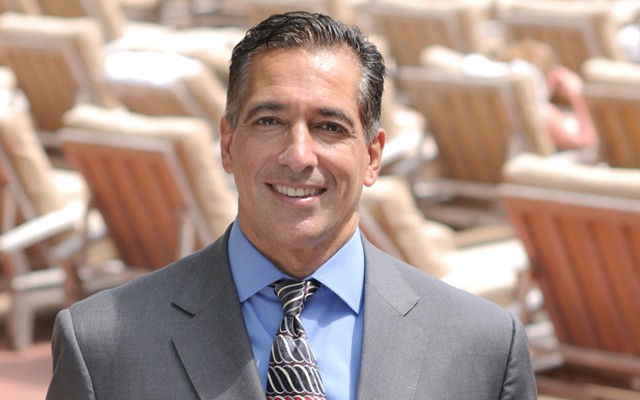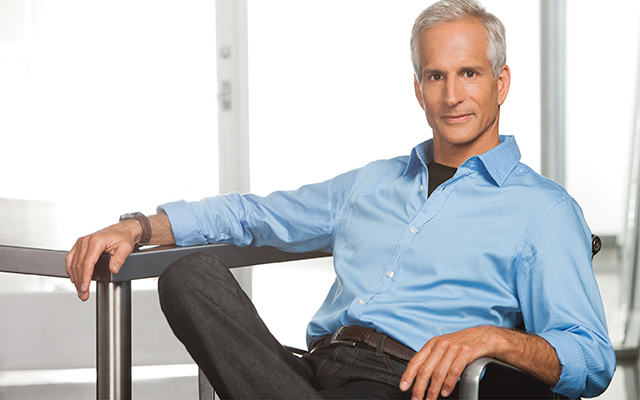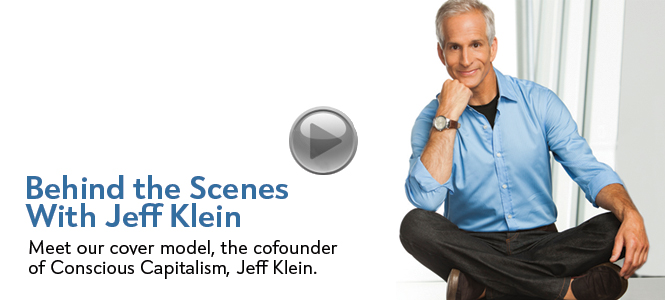I’ve been reading Jim Collins’s most recent book, Great by Choice (HarperCollins, 2011), which focuses on how successful companies have operated during uncertain times. It opens with a vignette about the different approaches of two great early-20th-century Antarctic explorers, Roald Amundsen and Robert Falcon Scott.
Both men were highly skilled and experienced, and each was determined to reach the South Pole before the other. Amundsen succeeded in planting his Norwegian flag at the Pole on Dec. 14, 1911. Scott arrived about a month later, exhausted and starving. He perished on the ice, along with all of his remaining men, before he could reach home.
One of the key factors many historians credit for the different outcomes of their respective trips was that Amundsen was a great proponent of discipline and preparedness.
Before he set off, he researched and planned his expedition with a range of scenarios in mind. He had meticulously charted his route and planned his provisions. He adhered as closely as possible to a strict “20 miles a day” policy, even in foul weather.
Scott, meanwhile, had immense passion and determination, but was less fastidious in his planning. He was more inclined to make last-minute decisions and to allow his plans to be influenced by impulses and turns in the weather.
In his memoirs, Amundsen reflected on his South Pole success this way: “Victory awaits him who has everything in order — luck, people call it. Defeat is certain for him who has neglected to take the necessary precautions in time; this is called bad luck.”
I think this is good wisdom for all of us to embrace as we pursue our goals. It is not enough to wish we could achieve something, or to launch ourselves toward a goal with passion. It requires a willingness to do the unglamorous work of setting ourselves up for success. It requires the block-and-tackle trudging of “20 miles a day,” even when a lot of those miles look less than appealing.
It also helps, of course, to feel a sense of calling — the pull of a dream that really wants you. Likely, it is a dream that demands something greater from you than you are presently prepared to achieve.
Abraham Maslow (father of the famous “hierarchy of needs” model) once said: “What a man can be, he must be.” He meant that once we have our basic needs for food, water, shelter, and safety handled, we will naturally feel the pull of subsequent levels of need — for meaningful and satisfying relationships, for purposeful work, for contributing to something larger than ourselves, for achieving our full potential.
These higher-level needs are not luxuries. They are soul-hungers that emerge only when we are ready for them. And they are no less real than the pulls we feel toward the food-and-water fundamentals that keep our bodies alive.
But you can’t just wait for such callings to arrive. Their pursuit requires preparation and a strong sense of personal responsibility.
Unfortunately, we live in a culture where we are encouraged to satisfy our hungers with superficial distractions and passive entertainments. We’re encouraged to respond to our longings and dissatisfactions with complaint and blame.
Too often, even if we can feel the pull of something greater, we prefer the familiarity of the status quo. We don’t think too much about giving and being of service. Instead, we sit back and wait for our dreams to be delivered.
Want to discover the dream that’s looking for you? Then start by doing the 20-miles-a-day preparatory work of building a healthy body and a clear mind. Make sure you’ve got your basic needs handled and your daily life in order. Learn to manage your priorities and replenish your energy so you can better deal with uncertainty. Chart a course you’re willing (even excited) to travel, even in bad weather.
You might start by considering these questions: What am I dreaming, and what small steps can I take to begin making that a reality? If I don’t have a dream, is it because I haven’t yet properly prepared myself by taking responsibility for my more fundamental needs? If so, how can I begin doing that now?
None of us can ever be perfectly prepared. Like Amundsen and Scott, we will all face plenty of uncertainty on our expeditions. But by doing what you can do, now, you’ll be that much more ready for whatever comes next.




This Post Has 0 Comments